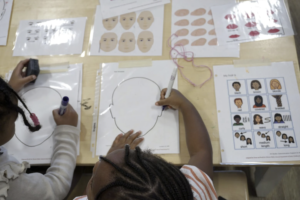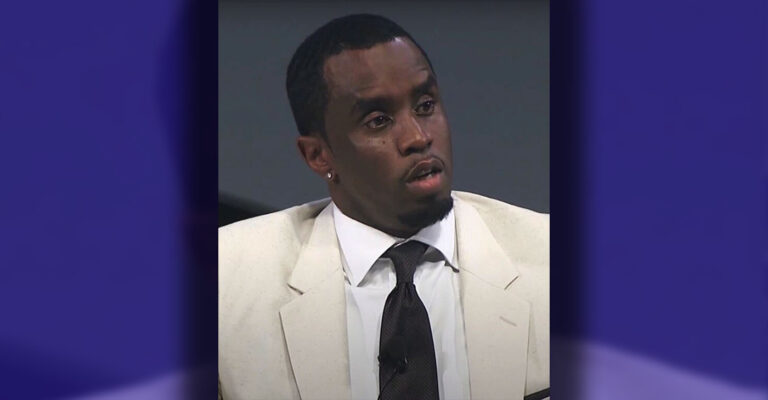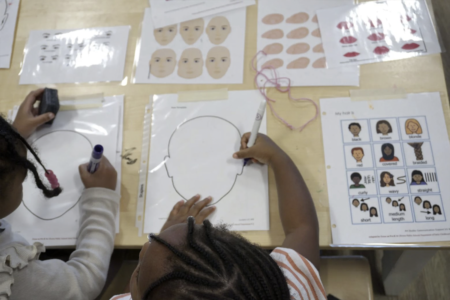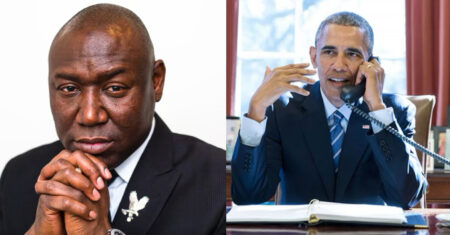By Stacy M. Brown
BlackPressUSA Senior National Correspondent
Sean “Diddy” Combs stood before the court, flanked by his children’s pleas and his lawyers’ defenses, yet weighed down by a system that has never been even-handed with Black men. His sentence—50 months—was neither the crushing 11 years prosecutors demanded nor the brief 14 months his attorneys sought. But it was enough to remind America of a truth it has never faced squarely: even acquittal does not mean freedom when you are Black.
Dr. Martin Luther King Jr. warned, “An injustice anywhere is an injustice everywhere.” That truth reverberates here. The injustice lies not in whether Combs harmed others—he confessed to “disgusting, shameful, and sick” behavior—but in the court’s willingness to allow acquitted charges to shape his punishment. A jury of his peers declared him not guilty on racketeering and sex trafficking charges, yet the judge permitted prosecutors to raise that conduct as if guilt had been established. What does acquittal mean, if the shadow of it can still cage you?
Combs’ violence toward women like Casandra “Cassie” Ventura and another, known as Jane, is undeniable, and his own words confirm it. But justice becomes corrupted when it ignores the protections of the Constitution. The Fifth and Sixth Amendments promise freedom from double jeopardy and guarantee fair trials. To let acquitted conduct decide a man’s sentence hollows those rights. This is not just about Combs. It is about the dangerous era in which we now live. It is about an America under authoritarian rule, where ICE raids seize even citizens, where the Smithsonian’s Museum of African American History and Culture is threatened, where diversity is stripped from institutions, Black women are fired in alarming numbers, and social safety nets and affordable healthcare are being dismantled.
And it is about the contrast. A Trump ally and megachurch pastor who admitted to sexually abusing a 12-year-old girl will serve only six months. A former state senator who confessed to buying sex from minor boys overseas negotiated a plea. Other men in Trump’s orbit face allegations as damning as Combs’, yet they walk free or with little consequence. The color of their skin and their political connections protect them in ways no wealth or fame could protect Combs. Judge Arun Subramanian told Combs, “A history of good works can’t wash away the record in this case. You abused these women.” But Combs’s attorneys reminded the court that he built something rare—a Black-owned label, clothing lines, and schools that lifted others as he rose. They said his success showed generations of young people that they could own their future. The judge listened but dismissed the weight of those legacies.
In that courtroom, Combs’ children begged for mercy. “He is my hero,” said Christian Combs. “Please give us grace.” Their tears revealed a deeper wound—the stripping apart of yet another Black family by both a father’s failings and a system designed to punish him beyond his crimes. Combs is not innocent. He is not absolved. But this sentence—delivered in a courtroom where acquittal carried no weight—stands as another warning. When the law bends itself to cage even those it found not guilty, when fairness itself becomes conditional, every Black man in America should see the truth: injustice anywhere is indeed injustice everywhere.







